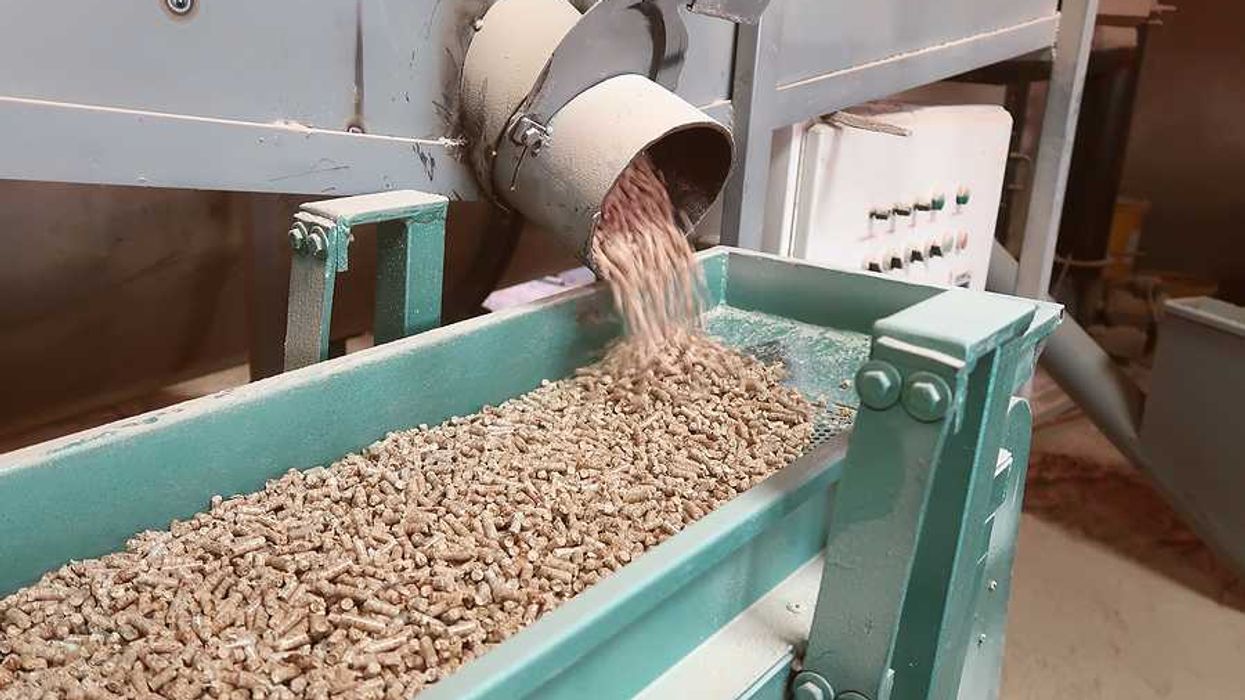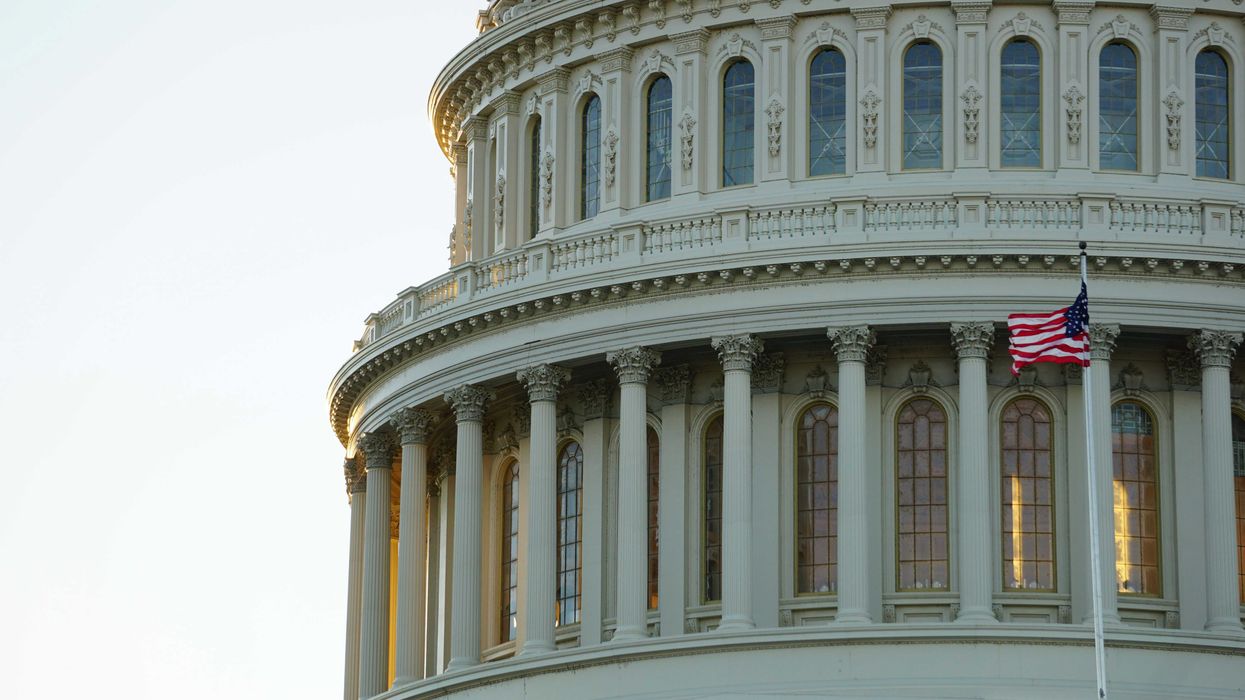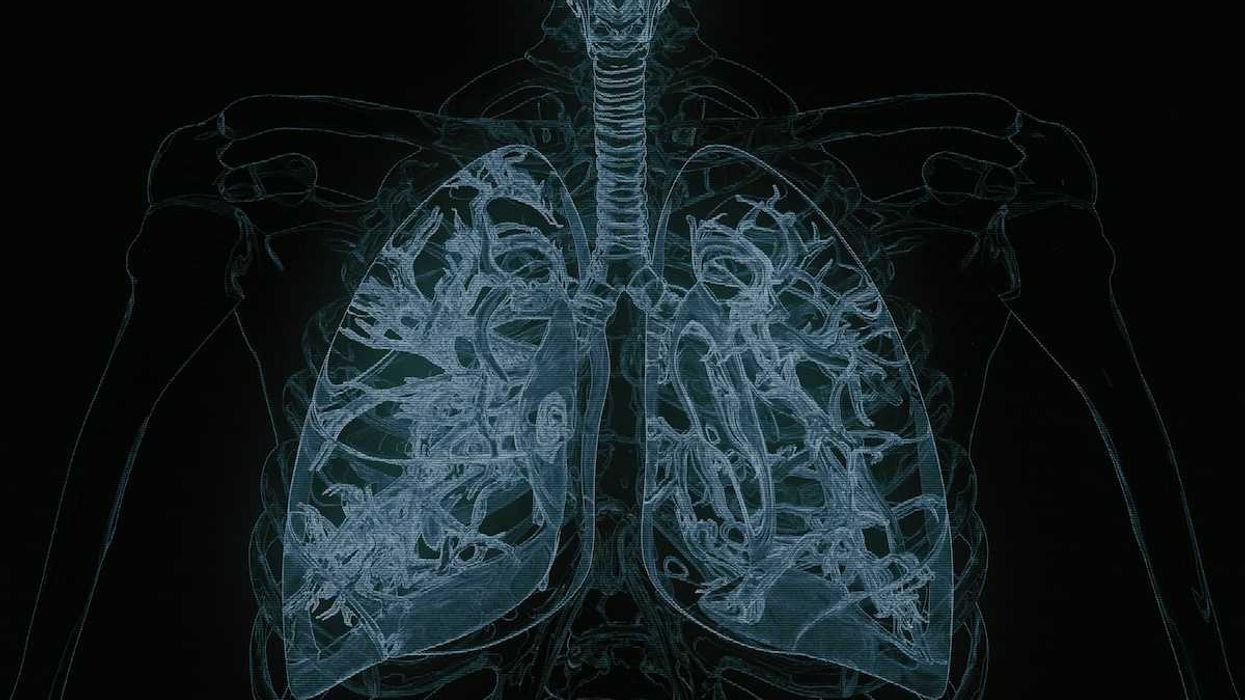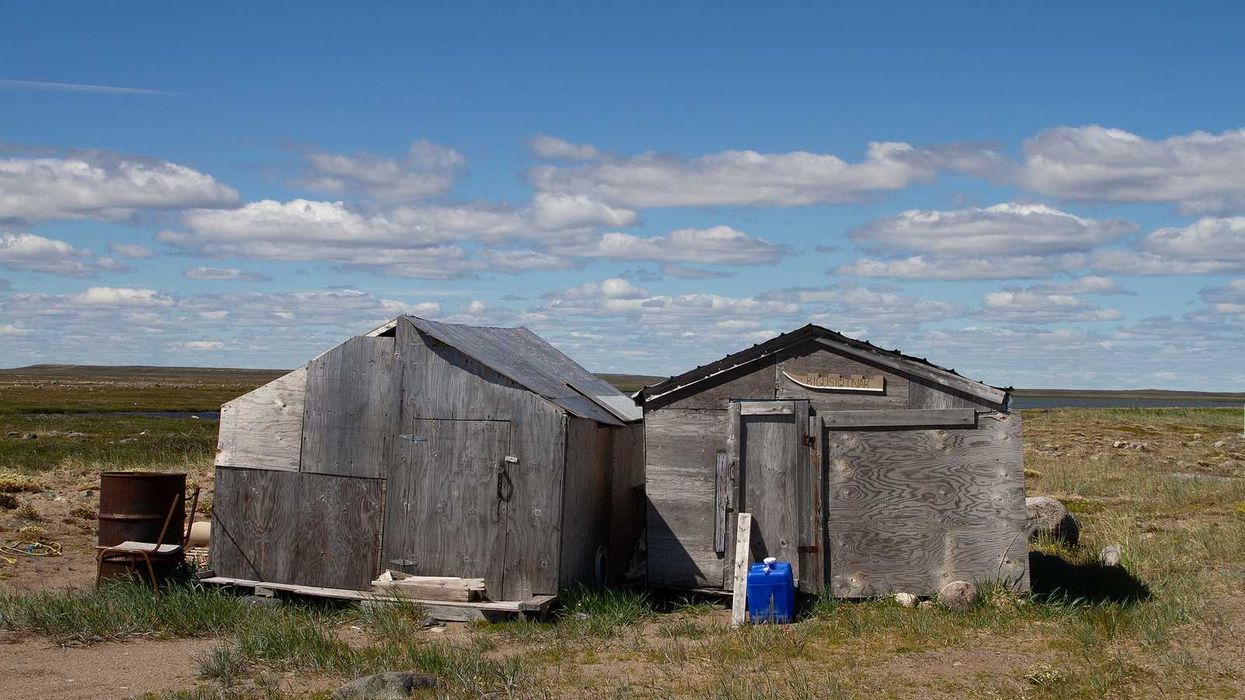A sweeping round of layoffs under President Trump has gutted the federal agency tasked with investigating firefighter deaths and studying their elevated cancer risks, halting critical safety efforts amid rising wildfire threats.
Mark Olalde reports for ProPublica.
In short:
- The Trump administration laid off most of the staff at the National Institute for Occupational Safety and Health (NIOSH), including nearly the entire team that investigates firefighter line-of-duty deaths.
- The cuts paused ongoing fatality reviews at 20 fire departments and dismantled the National Firefighter Registry for Cancer, which had just begun gathering data from over 23,000 participants.
- The move also threatens health programs for 9/11 responders and leaves experimental safety facilities and lab animals unattended, with some animals euthanized due to lack of care.
Key quote:
“It breaks my heart that we’re going to just destroy these programs that have made so much progress in protecting the health and safety of our firefighting community.”
— A laid-off NIOSH investigator
Why this matters:
Firefighters face some of the most hazardous working conditions of any profession, regularly inhaling toxic smoke and wearing gear laced with PFAS, a class of persistent chemicals linked to cancers and reproductive disorders. Despite their hero status, many receive little long-term health surveillance. The recent dismantling of the National Firefighter Registry for Cancer eliminates what had become the most comprehensive effort yet to understand why firefighters, particularly women, suffer certain cancers at disproportionate rates. The decision comes as wildfires intensify and lengthen with climate change, pushing more personnel into danger without added protection or research support. Meanwhile, the loss of federal investigations into firefighter fatalities threatens to slow hard-won safety reforms built on past tragedies.
Related:














